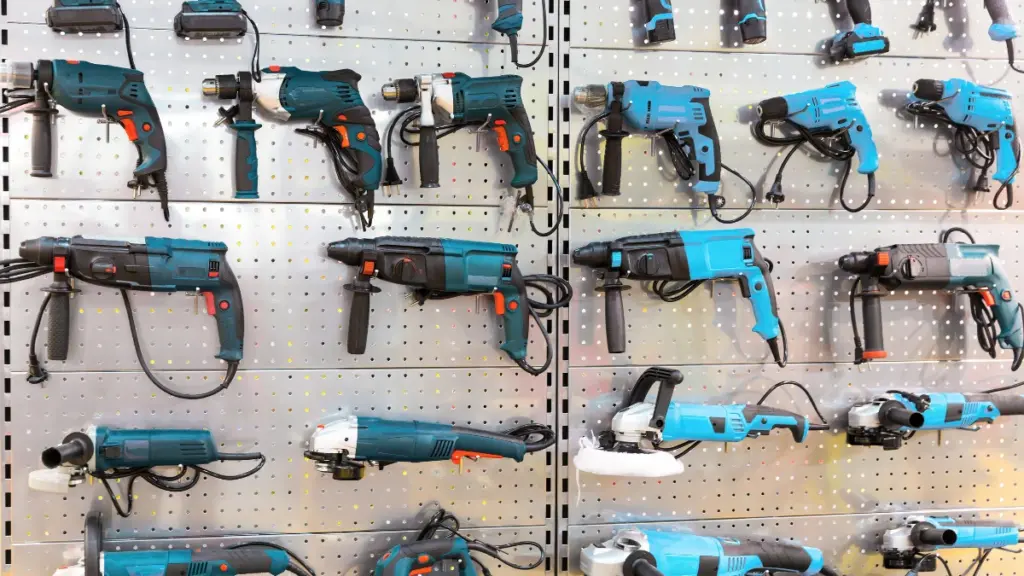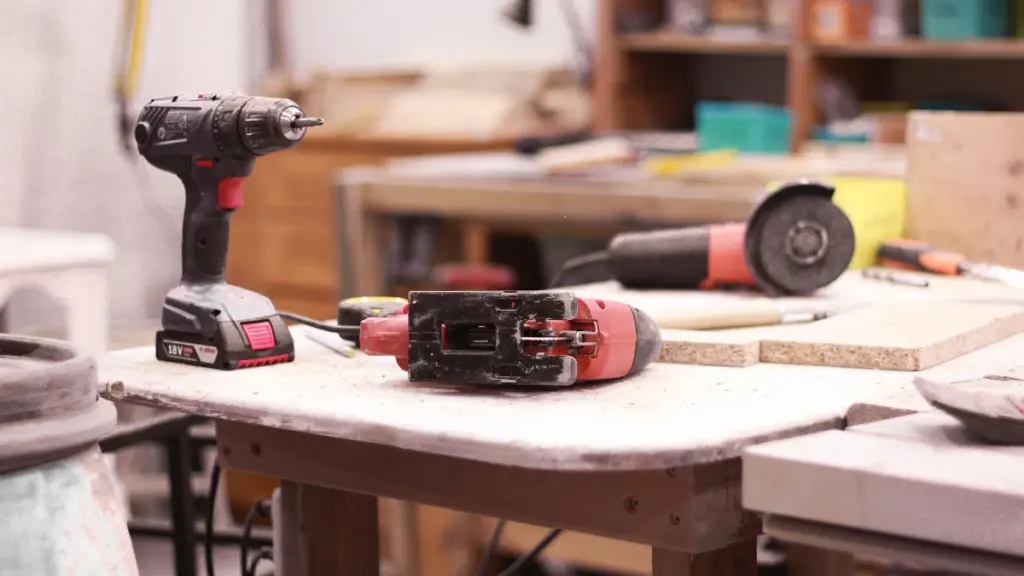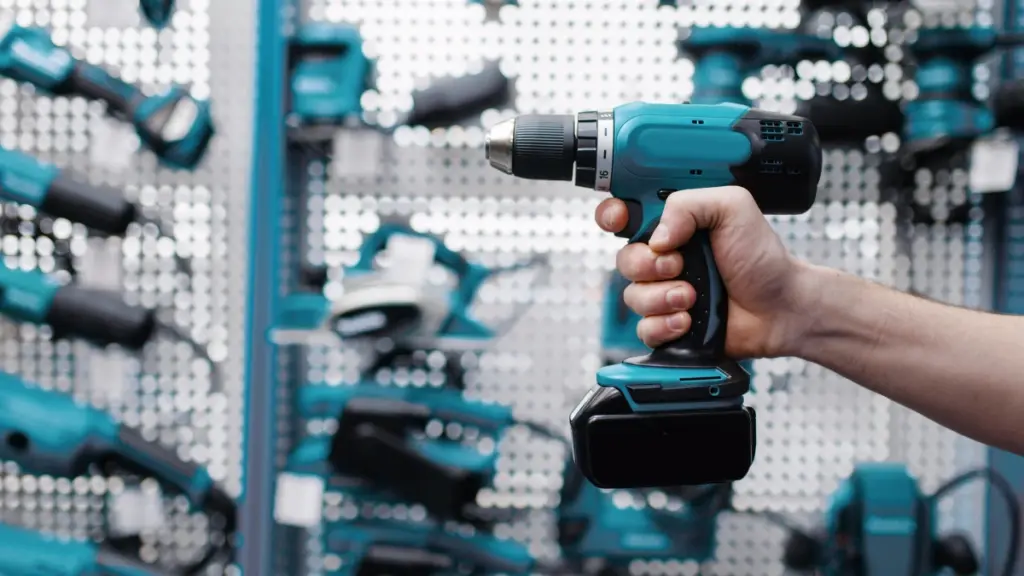A power tool is a device that is capable of providing greater and consistent power in a short time, thereby speeding up and simplifying work that was previously done manually. So tips for choosing power tools are quite necessary to get the best device.
Tips for choosing power tools include adjusting to your work needs, paying attention to quality and brand, choosing the right power source, considering the dimensions of the tool, and checking before use.
In this article, we will give you information on tips for choosing power tools that you need to know before buying one.
Tips for Choosing Power Tools

Getting the right power tools will greatly help your work. Therefore, it is important to know tips for choosing them. Here are five tips for choosing power tools that you can follow:
1. Adjust to your work needs

To choose the right power tools, you need to know your work needs. What are the tasks you will be doing and the types of materials involved? This will affect the specifications of the tools you need.
For construction work that may involve wood or brick, you will need tools with powerful motors. On the other hand, for simple home repairs, you may be able to use tools with medium to moderate power.
2. Pay attention to quality and brand
Pay attention to quality and brand is another tips for choosing power tools. Quality and brand usually determine the reliability of a tool when in use. You can choose brands that are known for their quality, such as Bosch, Makita, or DeWalt.
You can also consider the warranty offered and ensure the availability of spare parts. This is necessary in case the tool breaks down.
You can also consider reviews from other users to get an idea of the tool’s performance and durability. Investing in a good-quality tool will ensure that it lasts longer and gives better results.
3. Choose the right power source

Power tools are divided into two types: corded tools and cordless tools. Your choice of power source will determine how easy and efficient your work will be. Each type has its own advantages and disadvantages.
Corded tools are suitable for those who need stable and powerful power. These tools are designed for intensive work with strong materials. However, your work will be less flexible because you are limited by the cord.
Meanwhile, cordless tools are suitable for those who work with high mobility. You will not depend on a power outlet to use them. You can use them for working in confined spaces, at heights, or in locations far from power outlets. However, these tools cannot be used for heavy-duty needs, and you will be limited by battery life.
4. Consider the dimensions of the tool
Considering the dimensions of the tool is also another important tips for choosing power tools. If you choose a tool that is too large, it will certainly make work difficult, especially if it is used for a long time. You can choose an ergonomic tool that is comfortable to use, even for long periods of time.
This will also affect your work needs, as ergonomic tools usually do not have maximum power. Conversely, large tools are designed for heavy work with strong materials.
5. Check before use
Checking before using the tool is the last step before deciding to buy power tools. You can try it out at the store to make sure all functions work properly.
Another thing to do during the check is to make sure the tool has national and international certification. Tools that have type approval certification mean that they meet the safety standards applicable in a country.
By choosing certified products, you will not experience the technical problems that often occur during use, making them safe to use. Usually, well-known brands already have this certification.
Those are five tips for choosing power tools that you can apply before deciding to buy one. You can consider knowing your work needs, paying attention to quality and brand, choosing the right power source, considering the dimensions of the tool, and checking before use.
Table of Contents


